How to prevent Alzheimer’s fighting inflammation in 2023
Alzheimer is a neurodegenerative disease that destroys memory and other important mental functions. It is important to understand that Alzheimer is not a normal part of growing older, researches have known for some time that inflammation is the cause of all degenerative conditions including brain diseases.
Inflammation is your body’s response to attack either infections pathogens such as viruses, bacteria, fungi and parasites or by non-infection strains such as sugar damaged proteins or trans fats. As part of the inflammatory response, your body increases its production of white blood cells, immune cells, and other group of proteins called cytokines that also helps to fight infection.
Part of the body response mechanism to invading pathogens is by producing Amyloid, an abnormal protein that is formed in your bone marrow and may be deposited in any organ or tissue of our bodies. Alzheimer’s disease has long been linked to the accumulation of such amyloid plaques between nerve cells (neurons) in the brain.
Therefore, to prevent or reverse cognitive decline you must address potential infections, improve your immune system and reduce the chronic inflammation by optimizing your nutrition and reducing the amount of sugar toxicity and insulin resistance stressors. One of the easiest ways to optimize your diet is to make sure you’re only eating real food.
Some research from the Mayo Clinic reveals that diets rich in carbohydrates are associated with an 89 percent increased risk for dementia while high-fat diets are associated with a 44 percent reduced risk.
There are two toxic foods that are sadly abundant on the supermarket this day that might cause the worst damage to your brain and in my opinion all people should eliminate from their diet: high fructose corn syrup and trans or hydrogenated fats.
Consuming high amounts of sugar and high-fructose corn syrup is particularly harmful. Some clinical trial test suggested that individuals who consumed high fructose corn syrup developed higher risk factors for cardiovascular disease in just a few weeks. That could demonstrate how influential your diet can be on your heart and brain strength in the long term.
Such findings fit together well with the conclusions reached by neurologist Dr. David Perlmutter, author of “Grain Brain,” and “Brain Maker,” who has concluded that anything that promotes insulin resistance will eventually raise your risk of Alzheimer’s.
Trans fats raise your bad (LDL) cholesterol levels and lower your good (HDL) cholesterol levels. Eating trans fats increases your risk of developing type 2 diabetes, enhancing your danger of having heart disease and stroke. One of the reasons why trans fats oils are widely used is because they are inexpensive to produce, and it also last a long time.
Therefore, while food companies are reducing the trans-fat content of their products, a great number of foods still contain artificial trans fats ingredients. To reduce your trans-fat intake, avoid all vegetable oils and margarines that contain partially hydrogenated oil on the ingredient list label.
If you want to know more about Alzheimer’s and how to prevent it, below you could see some highly recommended books that may help you to understand more about this complex disease.
1.The End of Alzheimer’s: The First Program to Prevent and Reverse Cognitive Decline
In this paradigm shifting book, Dale Bredesen, MD, offers real hope to anyone looking to prevent and even reverse Alzheimer’s Disease and cognitive decline. Revealing that AD is not one condition, as it is currently treated, but three, The End of Alzheimer’s outlines 36 metabolic factors (micronutrients, hormone levels, sleep) that can trigger “downsizing” in the brain. The protocol shows us how to rebalance these factors using lifestyle modifications like taking B12, eliminating gluten, or improving oral hygiene.
Dale Bredesen
2. Grain Brain: The Surprising Truth about Wheat, Carbs, and Sugar–Your Brain’s Silent Killers
In this fully revised, five-year-anniversary edition, Dr. Perlmutter builds on his mission. Drawing on the latest developments in scientific research, which have further validated his recommendations, he explains how the Grain Brain program boosts the brain, shows the benefits of using fat as a main fuel source, and puts forth the most compelling evidence to date that a non-GMO, gluten-free, and low-carb diet is crucial for cognitive function and long-term health.
David Perlmutter
3. The UltraMind Solution: The Simple Way to Defeat Depression, Overcome Anxiety, and Sharpen Your Mind
In The UltraMind Solution, Dr. Mark Hyman explains that to fix your broken brain, you must heal your body first. Through his simple six-week plan, Dr. Hyman shows us how to correct imbalances caused by nutritional deficiencies, allergens, infections, toxins, and stress, restoring our health and gaining an UltraMind—one that’s highly focused, able to pay attention at will, has a strong memory, and leaves us feeling calm, confident, in control, and in good spirits.
Mark Hyman M.D.

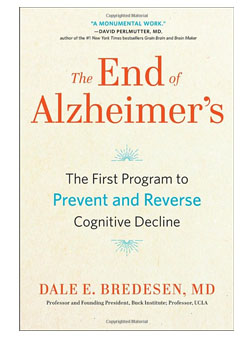
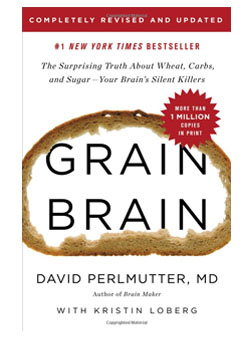
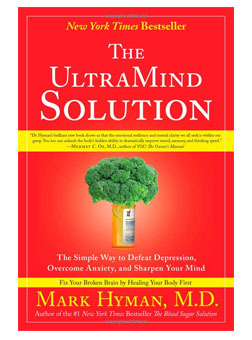
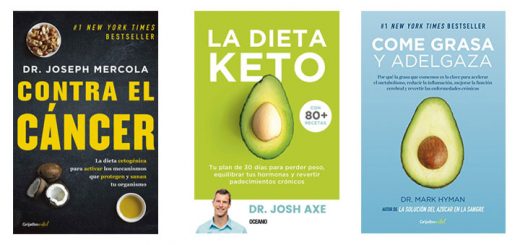
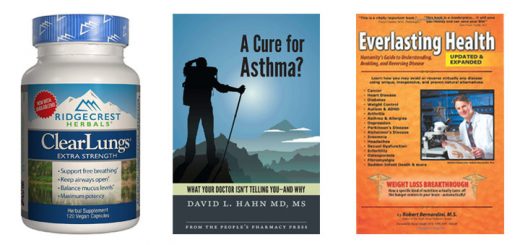
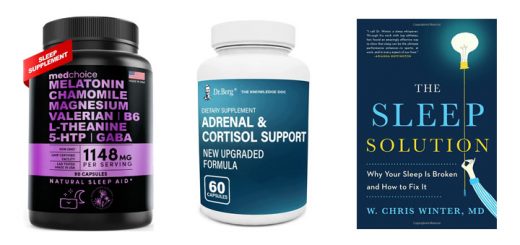





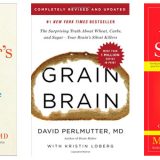

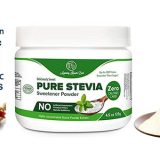
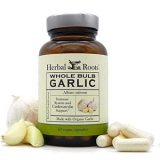
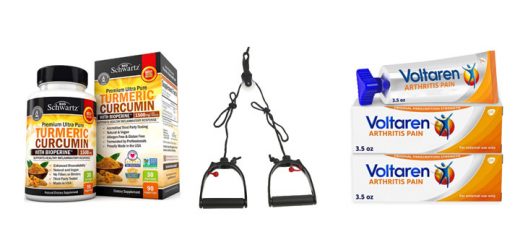
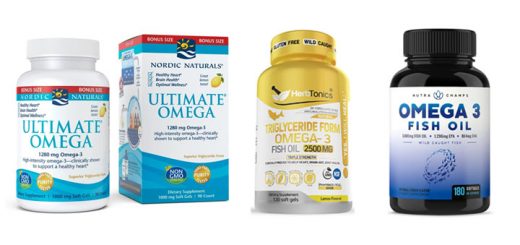
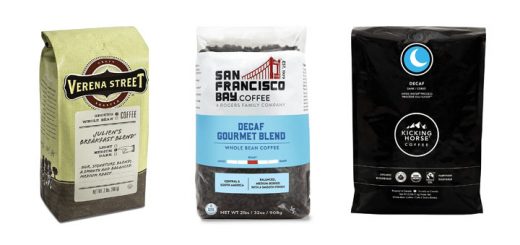
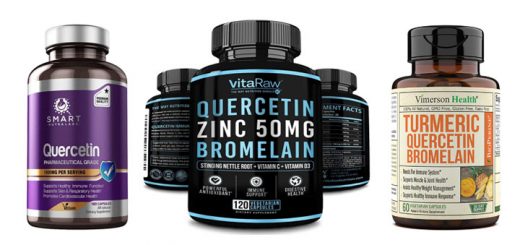
4 Responses
[…] particularly respiratory and digestive. It is considered one of the most powerful antibiotics, anti-inflammatory, anti-bacterial and anti-fungal. Studies have shown that garlic helps stop cancer cell […]
[…] is a natural anti-inflammatory compound native of South Asia. It is easily recognizable by its rich yellow color and because of […]
[…] that could also help to boost your immune system. N. Sativa may also act as antihistaminic, reduce inflammation, and fight viral infections. It’s widely used to treat seasonal allergies, asthma, eczema, […]
[…] This could be as a result of being exposed to loud noises without using ear protection, or due to brain inflammation. 90 % of people with tinnitus also have noise-induced hearing loss […]